(CLO) Japan's work culture is synonymous with long hours and self-sacrifice, but the country's younger generation of workers is increasingly prioritizing work-life balance, raising hopes of reducing the incidence of karoshi - death from overwork.
According to research by analyst Takashi Sakamoto from the Recruit Works Institute, annual working hours in Japan have fallen significantly, from 1,839 hours in 2000 to 1,626 hours in 2022, putting Japan on par with many European countries.
The most dramatic change was seen among men in their 20s, where average weekly work hours fell from 46.4 hours in 2000 to 38.1 hours in 2023.
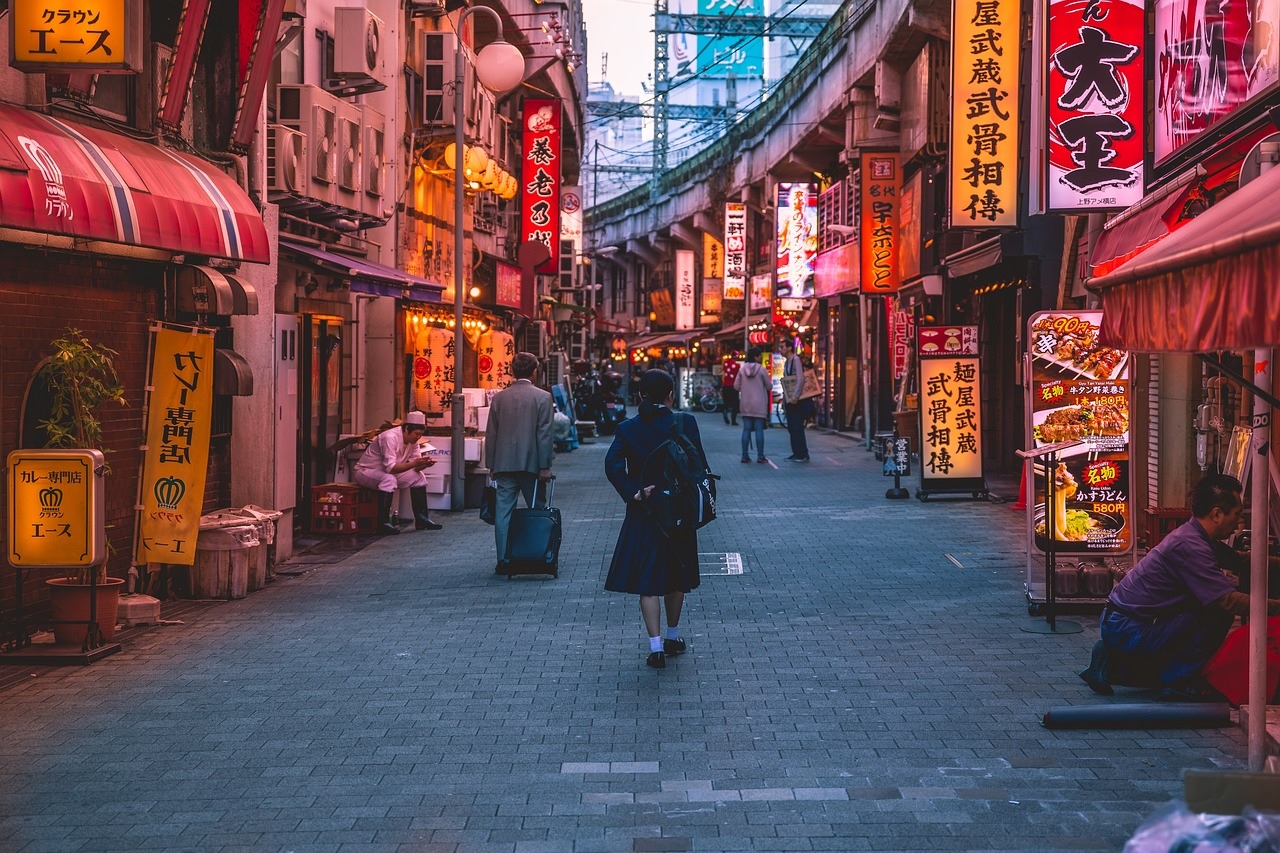
Illustration: Pixabay
Professor Makoto Watanabe at Hokkaido Bunkyo University commented that the younger generation no longer wants to sacrifice themselves for work like their parents did.
Unlike previous generations, who viewed working long hours as a way to achieve economic stability and job security, today's young Japanese reject harsh working conditions and prioritize stability and comfort in their daily lives.
Japan’s labor shortage gives the younger generation significant leverage. Companies now have to compete for talent, even approaching students before they graduate to secure jobs. This allows young workers to easily leave their jobs when they feel exploited or undervalued.
“Young people know that they can quickly find new jobs thanks to the shortage of qualified personnel,” said Mr. Watanabe.
Not only that, but wages for younger workers have increased by 25 percent since 2000, even though they work fewer hours, Sakamoto reports. And the number of companies requiring unpaid overtime—a longstanding problem—has also dropped significantly.
Sociologist Izumi Tsuji at Tokyo’s Chuo University says stability, not ambition, is the main goal of young Japanese workers. They want a simpler, more comfortable life rather than chasing big dreams.
However, this change is not warmly welcomed by the older generation of workers. Managers in their 50s and 60s often find it difficult to adapt to the new working attitudes of their younger colleagues.
The change could be a big win as Japan continues to grapple with a karoshi crisis. According to a government report, 2,968 people committed suicide in 2022 due to overwork. Many experts hope that the shift in work culture among younger generations will help alleviate work stress and its serious consequences.
“Karoshi has been a serious problem for many years,” said Mr Tsuji. “If young people work less hours, have a more balanced and happier life, then we can hope that the number will decrease in the near future.”
Hoai Phuong (according to SCMP, Weforum)
Source: https://www.congluan.vn/gioi-tre-nhat-ban-dang-dan-tranh-xa-van-hoa-lam-viec-qua-suc-post329503.html


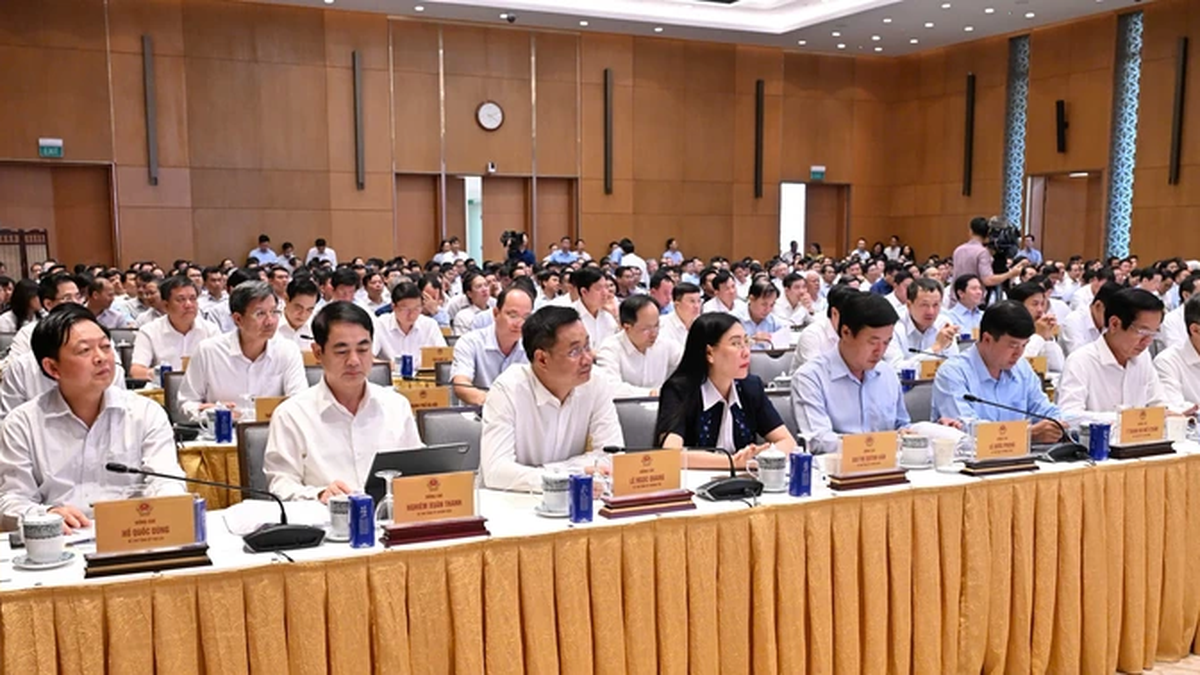



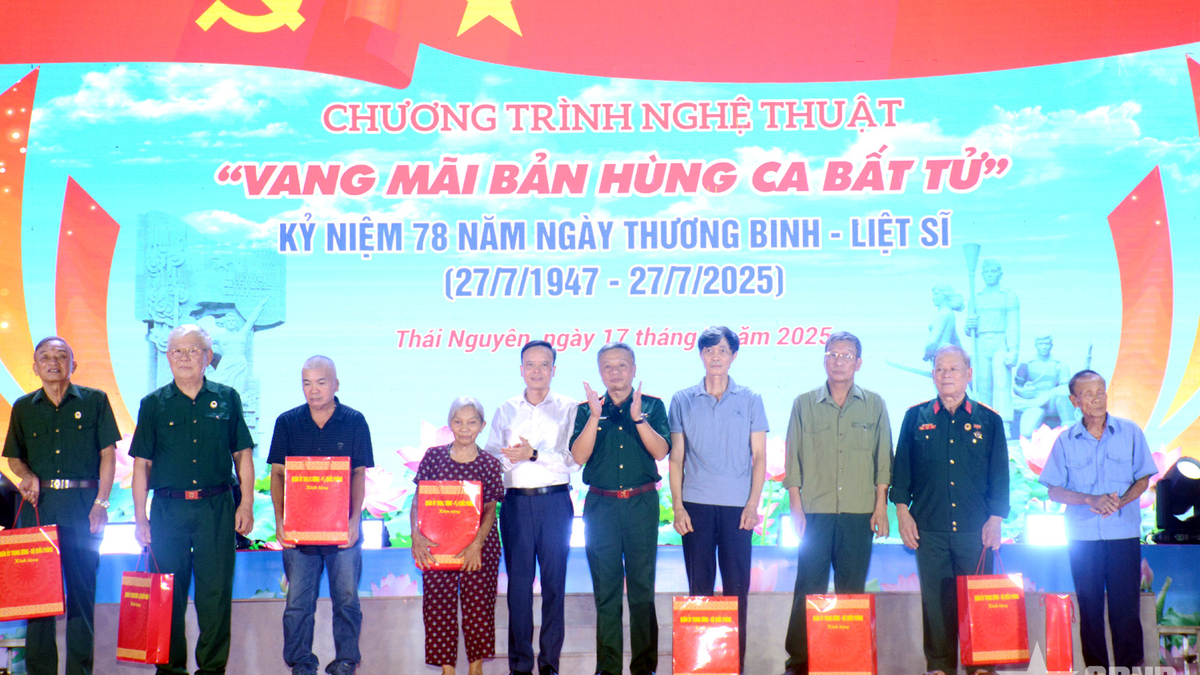

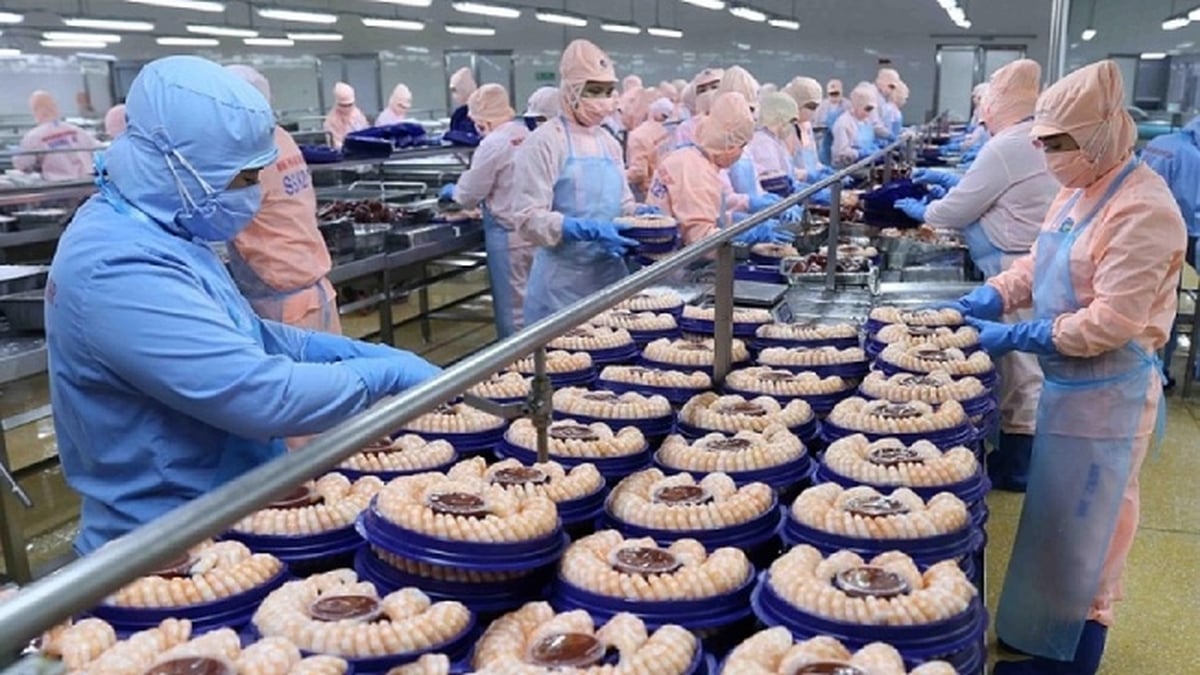

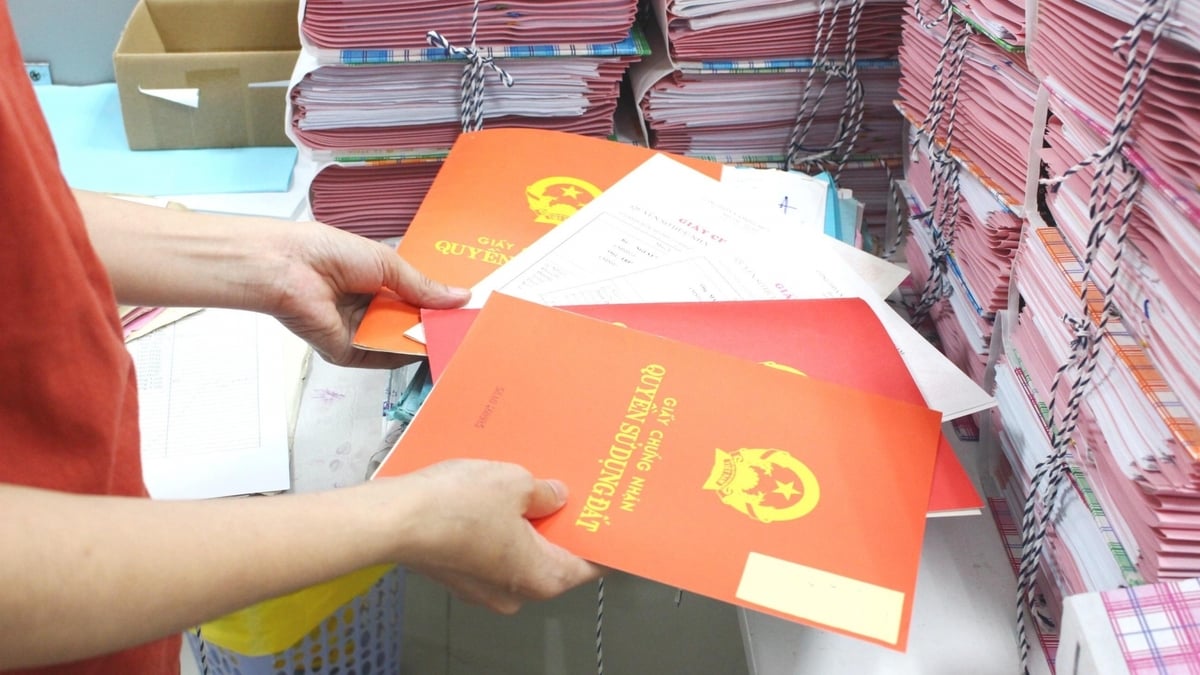
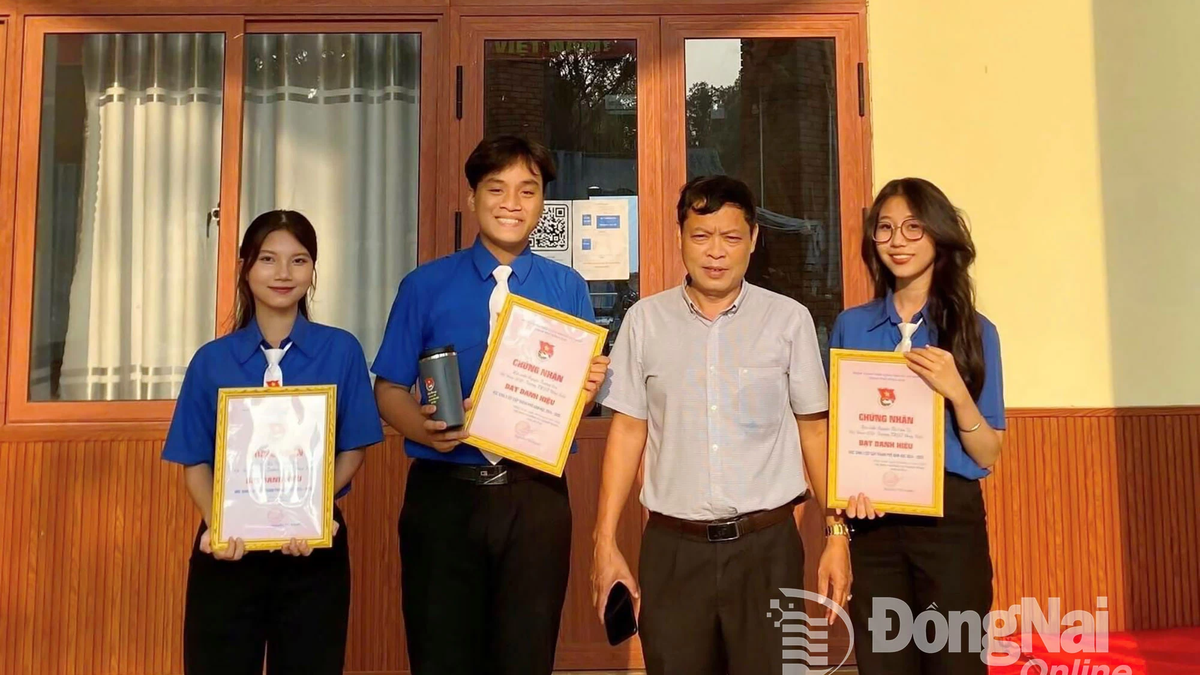

























































































Comment (0)